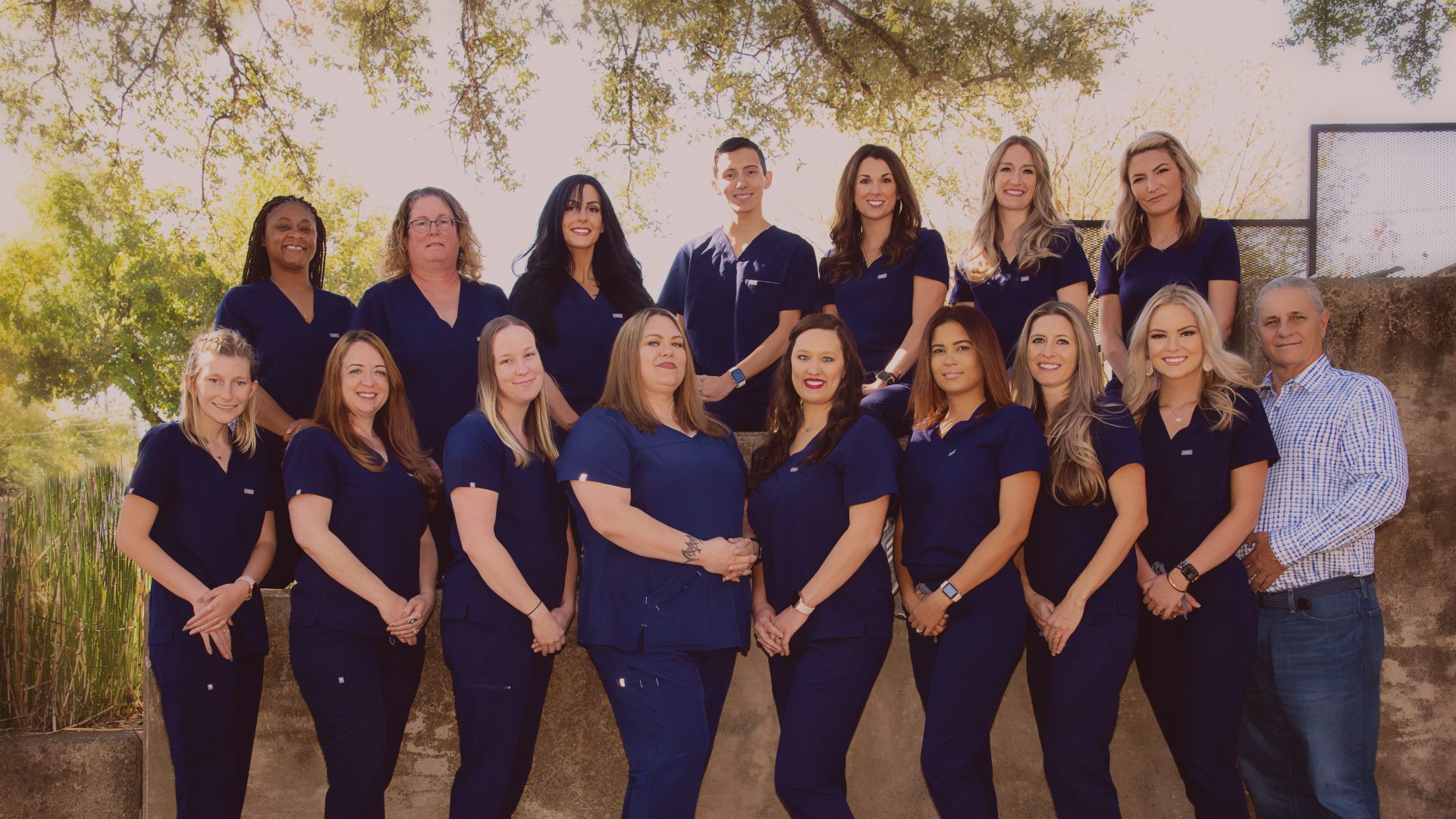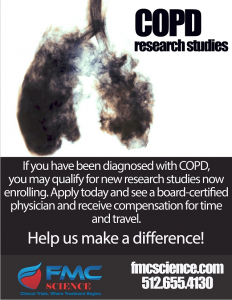“I hope you never take one single breath for granted,” says Lee Ann Womack in her country hit, I Hope You Dance. She expresses the importance of living life to the fullest. So many of us take the simple act of breathing for granted; but for those with Chronic Obstructive Pulmonary Disease, or COPD, taking a deep breath can be extremely difficult.
Those with COPD typically experience wheezing and tightness in their chest, a feeling of breathlessness, as well as frequent coughing fits. The COPD Foundation estimates that 24 million Americans are affected by COPD, and many have not yet been diagnosed.
The medical community is still seeking answers on the best treatment options for COPD. While there is currently no cure for the deadly disease, physicians often suggest quitting smoking, maintaining an active lifestyle and a variety of treatment options to help manage symptoms. Read on to learn more.
QUIT SMOKING:
First and foremost, environmental factors, smoking and secondhand smoke are the main causes of exacerbations, or hospitalizations associated with COPD. Maintaining a clean environment and not exposing the lungs to poorly ventilated areas or cigarette smoke is incredibly important.
STAY ACTIVE:
Although many COPD sufferers limit their activity level, maintaining an active lifestyle may help to manage symptoms. A physician is the best bet to guide which exercises are best, depending on the severity of one’s COPD. Many physicians suggest that light walking could potentially be a great way to build lung strength.
IT’S ALL ABOUT THE ATTITUDE:
Anxiety and depression have been linked to the disease, so finding outlets to discuss one’s feelings, as well as keeping a positive attitude are important in maintaining one’s quality of life.
WHAT’S NEXT?:
Treatment options such as steroids, inhalers and oxygen are the most prescribed treatments for COPD. What’s next for COPD sufferers? In order to learn more about this deadly disease, a variety of COPD related research studies are enrolling in the Lampasas, TX area. Study participants receive free study-related care from a board certified physician as well as compensation for time and travel.



